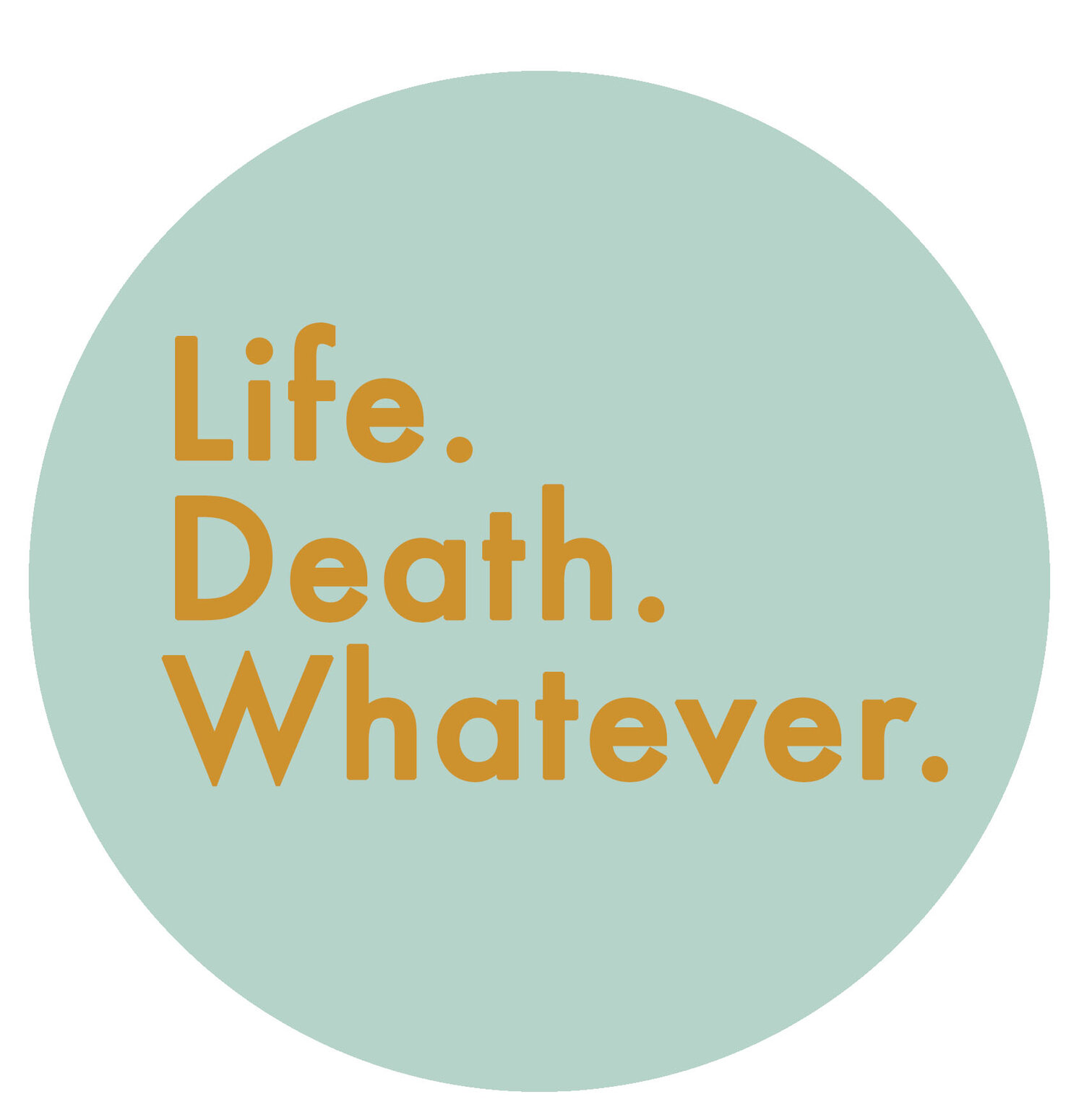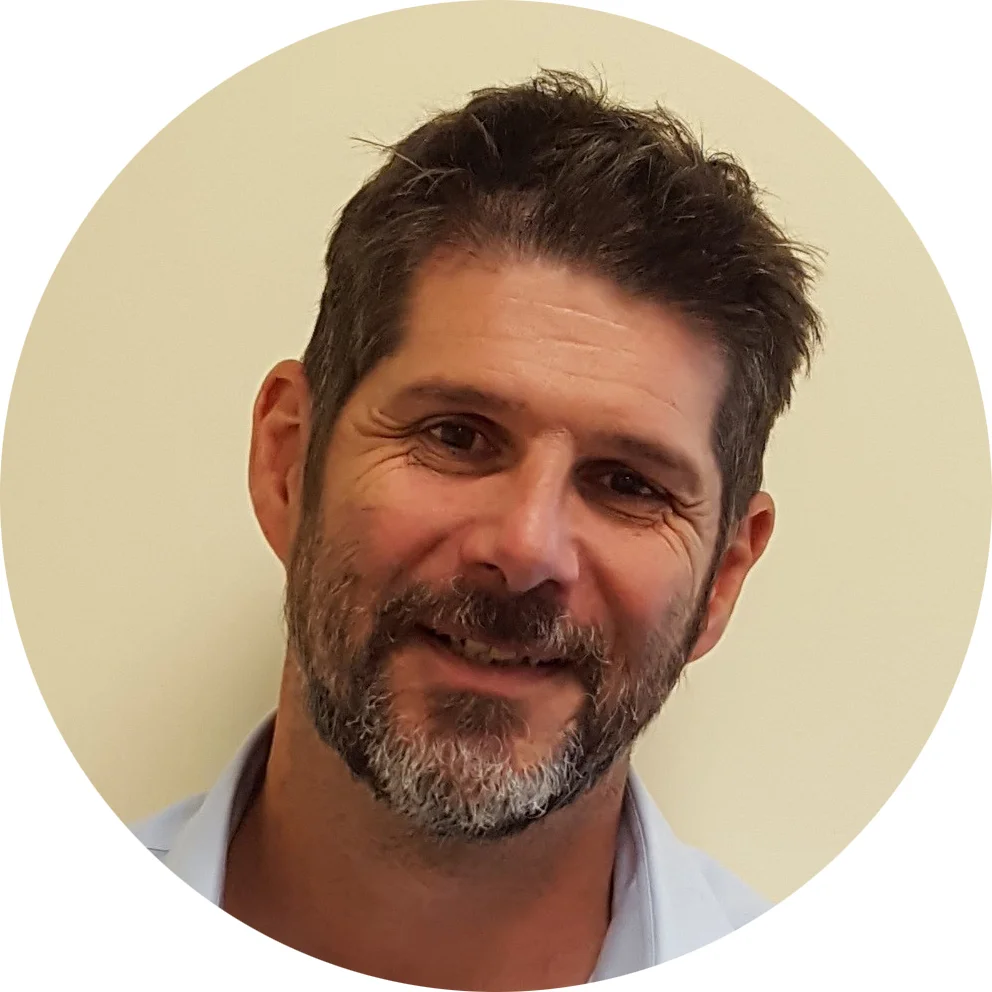By Ben Sealy
a psychotherapist, who works with people at the end of their lives
Talking about death and dying is not defeatist. With so much language around cancer and terminal illness being used in terms of a battle, struggle or fight, there can be a sense that talking about and preparing for the end is admitting defeat or giving up. But such narratives of heroic struggle and victory can leave people feeling a failure or worse, even ashamed of being terminally ill. Dying is bad enough without having to pretend to be superhuman at moments of intense vulnerability.
Who’s protecting whom? The terminally ill and loved ones often don’t talk about what is really going on for them for fear of distressing the other. They minimise their feelings of grief, their fears or even physical pain to protect those caring for them. But this can create a culture of silence or dishonesty where no-one can express how they feel and they end up being isolated from each other when what they crave is intimate honesty.
Dead funny. Some of the most profound (and funny) conversations have been around planning their own funeral – the music & readings they want, the flowers or choosing a celebrant. I remember one couple gently arguing over what to wear in the coffin, whether to go for comfort or formality; in they end they settled on a t-shirt and Bermuda shorts!
Say what matters to the people that matter. If that person is the best thing that ever happened to you, the most caring Mum, the kindest Dad, the bestest friend, the most understanding sister, the calm in the storm or the steadiest rock – tell them. Because one day you won’t be able to.
You’re not dead yet. For some, strange as it may seem, a terminal diagnosis can be a liberation of sorts. I’ve had clients who decide to leave stale marriages and reunite with old flames, or take the courage to end a family feud and make that call, or who simply just decide to live fully and freely and smell the roses. It’s as if a veil has been lifted from them by the knowledge that life here is precious and fleeting. They grab what life they have left in whatever ways they can – and are alive when they die.



